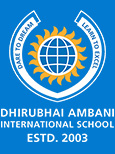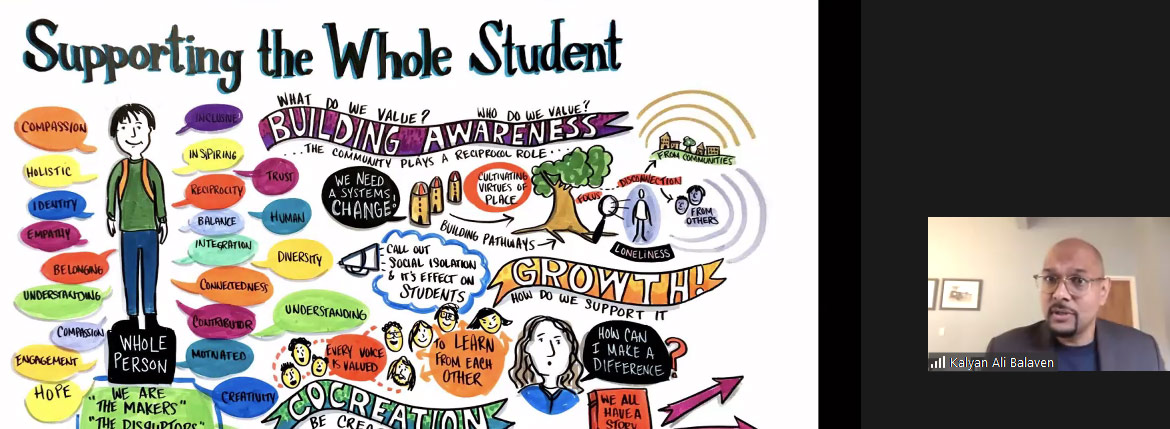‘Finding Common Ground’
Hosted by The Athenian School, Markham College, San Silvestre School and Chadwick School on the 29th of May, “Finding Common Ground” was a virtual Round Square Conference revolving around the themes of diversity, equity and inclusion. The conference included student and teacher participants from over 30 schools across the globe, all coming together from different backgrounds and cultures to learn how to have healthy debate about controversial topics in today’s world. We attended presentations on the role of empathy, humility, conscience and principled advocacy in achieving civil discourse. We would go on to discuss the same with students from other schools and learn to have robust debate to truly embrace the idea of finding a common ground.
Our time during the conference was divided between interactions in the main session that introduced us to concepts and ideas that we further discussed in baraza groups.
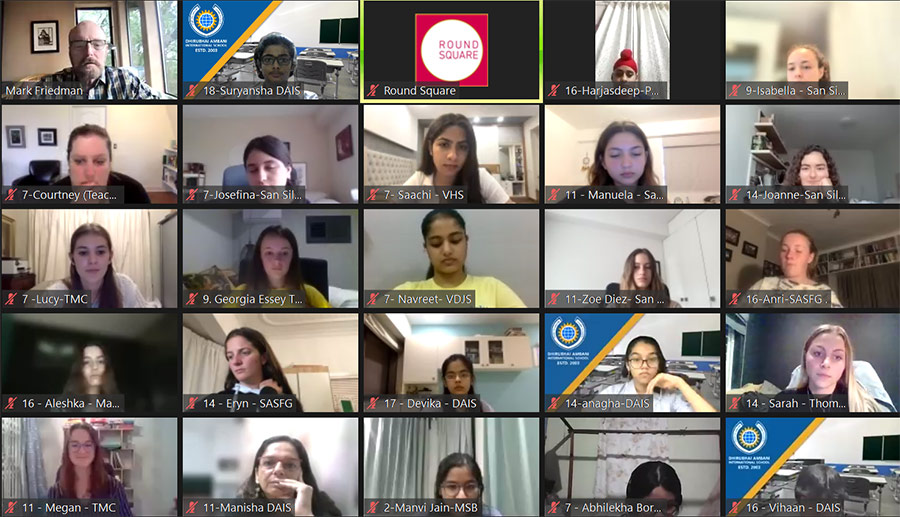
In our first interaction in the main session, after the introductions, various delegations from cultures all over the world discussed problems that they saw around them. This included issues such as gender discrimination, wealth gaps, the increase in the use of AI, effects of industrialisation, unsustainable development and child labour. While the problems discussed didn’t come as too much of a surprise to us, it was the extent of these different problems in independent cultures that left us thinking of how the concept of ‘common ground’ can be applied globally.
Our second session in the main meeting was the keynote speech. Given by Mr. Kalyan Ali Balavenv JD, the outgoing Director of Teaching and Learning at The Athenian School, and founder of The Inclusion Dashboard Consortium. The keynote speech took the form of a gripping story that found its way through projects on democracy, stories from Turkish culture, the whole student, cultural competence and the story of Kurt Hahn. The speech concluded with Mr. Kalyan revealing to us the secret ingredient of empathy and how it plays not only into civil discourse but also into our role as change makers tomorrow. The third main interaction was a content-based session where we learnt the key elements of having successful and respectful civil discourse including empathy, humility, conscience and principled advocacy. Our fourth and last session together was spent on a fun Kahoot! that tested our Round Square trivia and learnings from all our interaction.
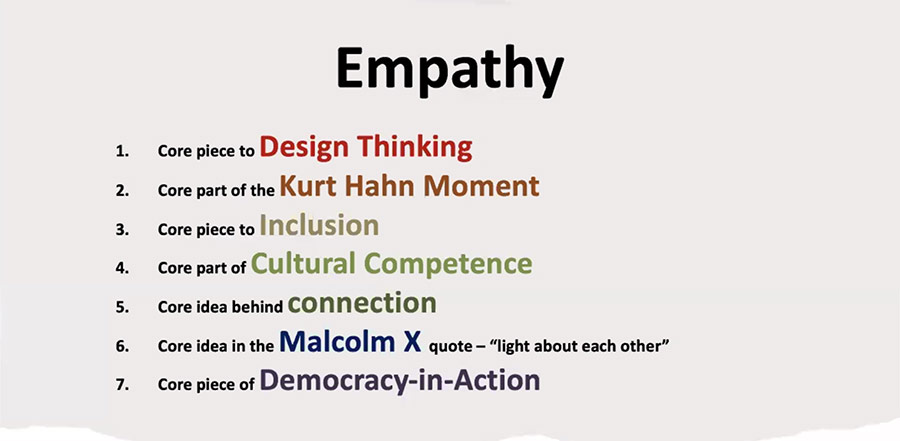
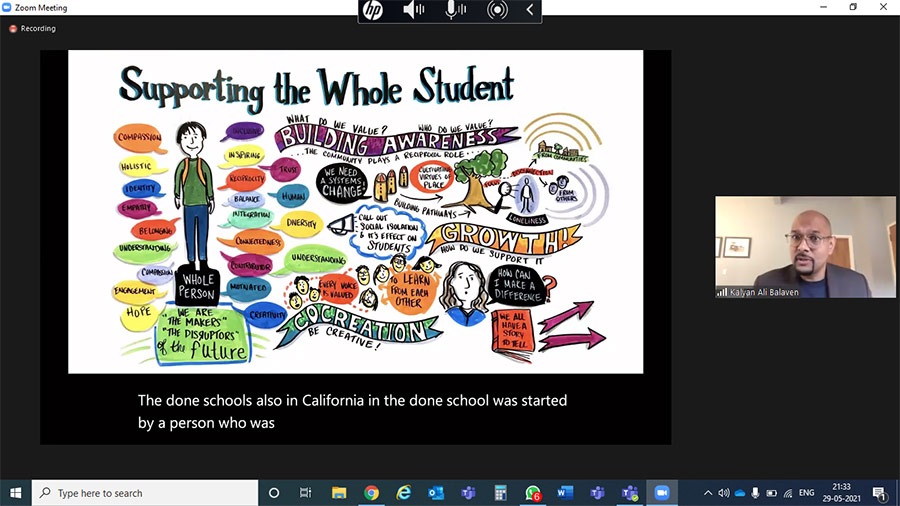
In the barazas sessions, we started off with playing icebreakers to get to know other students in the group. Post the keynote speech, we returned to our barazas and discussed the speech as well as how we can implement empathy in our daily lives. The discussion really helped us understand the power of simple acts of empathy and how these can instantly uplift a person’s spirits. Our third session in the barazas focused on implementing the elements of fruitful civil discourse that were introduced to us in the main session. Actually, practicing civil discourse was an exciting opportunity that left us with perspectives and ideas we had never thought of before.
In conclusion, we were very grateful to have the opportunity to participate in this virtual conference. We not only learnt the skills of civil discourse but also got to interact with students from other cultures. We gained an insightful understanding of the world around us and learnt how although we may have differing opinions, we can always work together to reach common ground.
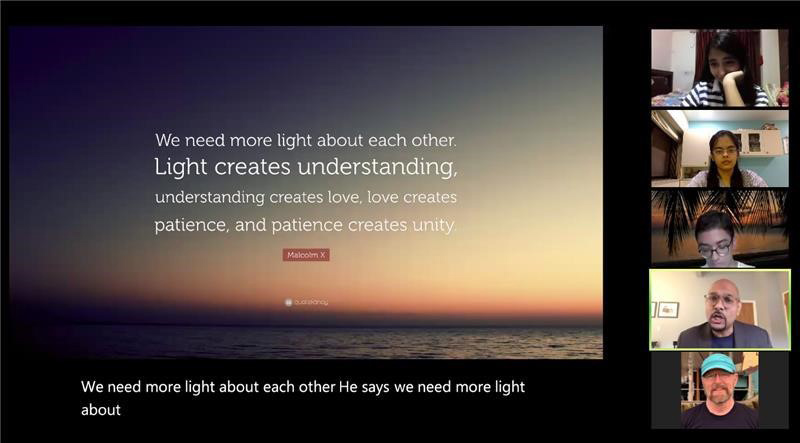
“Attending this conference helped me learn the skills to successfully and respectfully have conversations about sensitive topics.” - Sriya Bodapati, student participant
“Fruitful baraza discussions and an eye-opening keynote speech made it an enriching experience!” - Devika Kothari, student participant
